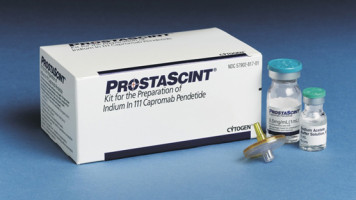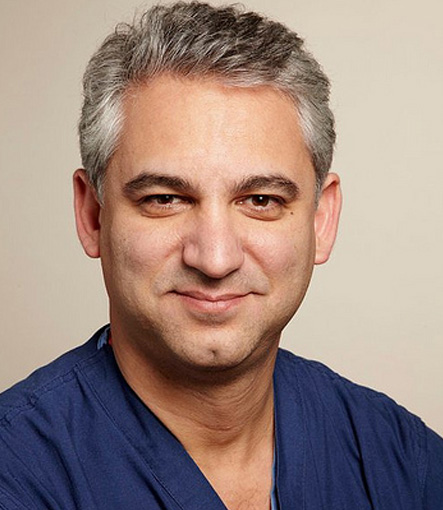Valentine’s Day is just around the corner. While it is customary for men to get women gifts for this special day, many women will be trying to figure out a way to show their man how much they love them as well. While chocolates, cards, and intimacy is nice, what’s a better way to show him how much you truly care than protecting his health? With prostate cancer being the second most common cancer among men in the United States, encouraging the man in your life to get screened for prostate cancer is the perfect way to show that you want him around for a while. Prostate cancer is also known as the ‘silent killer,’ as many men often do not have any symptoms until the later stages of the disease. Therefore, early detection is key. With early detection, prostate cancer can be beat.
Key prostate cancer statistics:
- 1 in 7 men in the US will be diagnosed with prostate cancer in his lifetime
- 2nd most common cancer among US men after skin cancer
- 2nd leading cause of death in US men after lung cancer
- 1 in 38 men will die of prostate cancer
- African-American men have highest risk; more likely to develop aggressive disease, be diagnosed at younger age, and 2.5 times as likely to die from it
Prostate cancer screening involves two main tests: a prostate specific antigen (PSA) blood test and a digital rectal exam (DRE). As of right now, these are the only two widely used tests available that are used in combination to screen for prostate cancer. The PSA test measures the amount of prostate-specific antigen in the blood. Prostate-specific antigen is a biomarker for prostate cancer. The only problem with the PSA test is that it is not specific for prostate cancer. If you have an elevated PSA, it may indicate other conditions besides prostate cancer such as a prostate infection or an enlarged prostate. Two other blood tests have been developed called the PHI test and the 4KScore test, which are becoming more widely used. Compared to the PSA test, the PHI test and 4KScore test are specific for prostate cancer. However for now, the PSA test is still the most common blood test. While there is no specific normal or abnormal level of PSA in the blood, most doctors consider a PSA level of 4.0 ng/mL and lower as normal. Therefore, if your PSA level is above 4.0 ng/mL, it is often recommended to get a prostate biopsy to determine whether prostate cancer was present. Make sure to discuss your PSA results with a urologist who specializes in prostate cancer. In addition to your PSA results, they will also assess other factors such as your age, race, and family history.
How to reduce your risk for developing prostate cancer:
1. Know the risk factors.
- Race/Ethnicity – African-American men are 60% more likely to be diagnosed with prostate cancer and 2.5 times as likely to die from it, compared to Caucasian men.
- Age – More than 65% of prostate cancers occur in men over 65. However, young men get it too, and it is usually more aggressive.
- Family history – If you have a father or brother with prostate cancer, you are more than twice as likely to develop prostate cancer.
- Weight – If you are overweight or obese, you have a higher risk for developing prostate cancer
2. Maintain a healthy diet. Eat foods that are low-fat such as fruits, veggies, fish, and more plants than animals. Eat less dairy, sugar, fat, and red meat.
3. Be physically active. Aim to get at least 30 minutes of exercise on most days of the week. Lose weight if overweight or obese.
4. Get screened routinely. Have a PSA blood test and DRE at least once a year starting at age 40.
5. If you are diagnosed with prostate cancer, get treated as soon as possible. If you are diagnosed with prostate cancer, talk to a prostate cancer specialist about what treatment option may be best for you. If you are a candidate for surgery, a robotic prostatectomy is often the most successful form of treatment.






